With GCIT BICT degree, you’ll have the skills and qualifications to pursue roles in high-demand fields, from software development to AI and cybersecurity.
Embark on a transformative journey in ICT with the Bachelor of Information and Communications Technology program and be part of the next generation of IT leaders and innovators.
-
1. Gain Cutting-Edge Skills
The BICT program covers in-demand skills, equipping you to build, secure, manage modern web, mobile and networking solutions. -
2. Flexible, Blended Learning
Designed for working professionals, the program offers a blend of online and in-person instructional methods, allowing you to balance work and study. -
3. Industry-Relevant Curriculum
With modules focused on real-world applications and industry best practices, you’ll be prepared for the rapidly evolving tech landscape. -
4. Career Growth and Opportunities
This program opens up numerous roles, including network and cloud security specialists, AI and cybersecurity professionals, full-stack developers and IT consultants.
-
1. Web Development
- Build modern front-end and back-end web applications, using industry standards for design and functionality.
-
2. Mobile Development
- Develop advanced mobile applications, with an emphasis on security, user experience, and agile practices.
-
3. Networking
- Secure networks and manage data efficiently, with a strong foundation in cloud and network security.
-
4. AI and Cybersecurity
- Delve into AI, machine learning and advanced cybersecurity to address today’s challenges in technology.
-
5. Professional Certifications
- Gain industry-recognized certifications in specialized areas, enhancing your qualifications and value in the workforce.
-
Year 1: Foundation in Web Development
- • Develop core skills in object-oriented programming, front-end development and computing fundamentals.
- • Dive into database design and networking essentials to build a solid technical foundation.
-
Year 2: Deep Dive into Mobile Development
- • Advance your knowledge with modules on mobile application development, security principles and agile software engineering.
- • Participate in mobile projects and professional certifications to deepen your expertise.
-
Year 3: Focus on Networking and Data Security
- • Learn secure coding practices and explore data analytics, visualization, and DevSecOps for secure, reliable systems.
- • Complete a significant project that demonstrates your ability to solve complex networking problems.
-
Year 4: AI and Cybersecurity Expertise
- • Tackle emerging technologies, such as AI, machine learning and cybersecurity.
- • Complete a capstone project that showcases your skills in solving real-world problems and designing cutting-edge solutions.
-
1. IT Professionals
- System Analysts, Network Engineers, Cybersecurity Specialists
-
2. Software Developers
- Web and Mobile Application Developers, Full Stack Developers
-
3. Project Leaders
- Project Managers, Scrum Masters
-
4. Specialists in Emerging Technologies
- AI Engineers, Machine Learning Developers, Cloud Specialists

